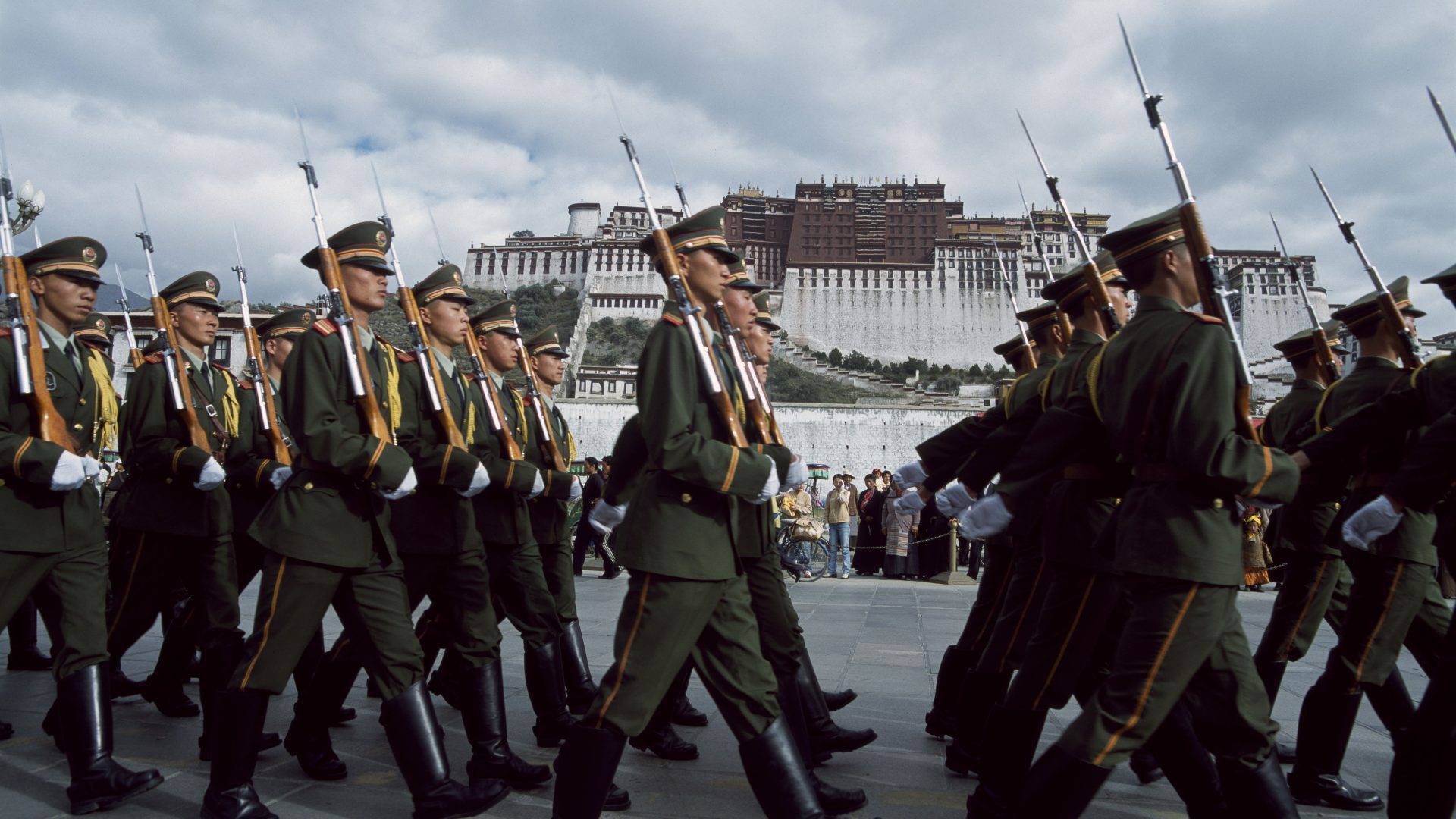Summary: The latest US State Department report, highlighted by the International Campaign for Tibet, reveals continuing severe restrictions on access to the Tibetan Autonomous Region (TAR) and adjacent Tibetan areas by Chinese authorities, maintaining Tibet’s isolation despite relaxed travel restrictions in other parts of China.

The sixth annual report under the Reciprocal Access to Tibet Act of 2018 underscores the distinctive treatment of TAR, where China imposes stringent access controls not seen elsewhere in the country. In 2023, none of the three formal requests by US officials to visit TAR were approved, reflecting a broader strategy to shield the region from foreign observation and interaction. The closure of the US Consulate in Chengdu in 2020, a retaliatory move by China, has exacerbated this issue, placing the responsibility of monitoring Tibetan areas on the US Embassy in Beijing, over 800 miles away.
Impact on Diplomats and Officials
US diplomats and officials face fewer formal restrictions in Tibetan areas outside TAR, yet the presence of overt surveillance and other intimidating tactics by Chinese officials persists. These measures effectively limit meaningful diplomatic engagements and complicate the US‘s efforts to assist its citizens and assess human rights conditions in these regions.
Journalists and Tourism
Access for journalists is heavily curtailed, with the Chinese government allowing only supervised group tours to the region, which stifles independent reporting and controls the narrative tightly. The tourism sector also mirrors this controlled access, with international tourists requiring special permits and being accompanied by government-approved guides throughout their stay in TAR.
ALSO READ: EU Officials to Visit Tibet Amid Human Rights Dialogue with China
Challenges Faced by Tibetan Americans
Tibetan Americans encounter more severe obstacles than other US citizens, including a rigorous visa application process overseen by the United Front Work Department. Reports indicate increased harassment and surveillance, with some Tibetan Americans feeling compelled to modify their behavior in the US due to fears of repercussions for their family members in Tibet.
International Reactions and Calls for Action
The persistent isolation of Tibet has prompted calls from international observers and advocates for the US administration to employ sanctions more aggressively against Chinese officials responsible for these restrictions. Tencho Gyatso, president of the International Campaign for Tibet, emphasized the necessity of these measures to push for greater openness and accountability in Tibet.
This report not only sheds light on the ongoing isolation and surveillance tactics employed by China in Tibet but also serves as a call to action for international advocacy and policy measures aimed at addressing these human rights challenges. The global community’s role in advocating for greater transparency and freedom in Tibet remains crucial as these conditions persist.






